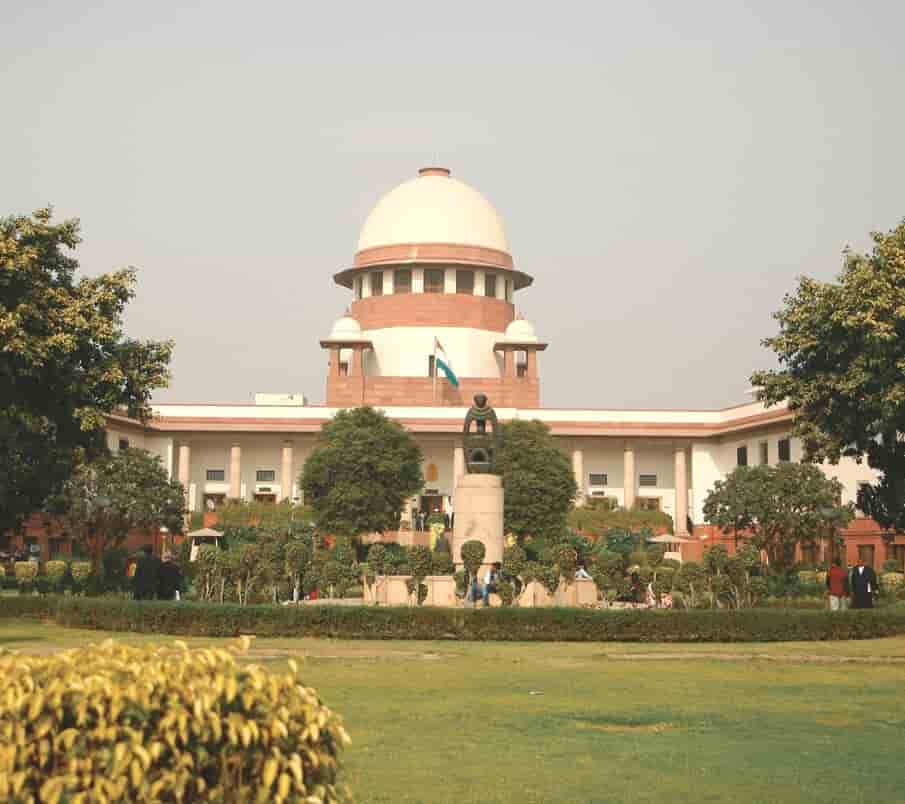The Supreme Court agreed to hear on February 6, two petitions challenging the decision of the Central government to ban BBC’s documentary ‘India: The Modi Question,’ based on Godhra Riots 2002, besides removal of tweets related to the documentary.
Two separate petitions were filed in the Apex Court, one of which was filed by Advocate M.L. Sharma.
Advocate Sharma mentioned the matter before the Bench led by Chief Justice of India DY Chandrachud.
Calling the January 21 ban on the two-part documentary as ‘malafide’, ‘arbitrary’ and ‘unconstitutional,’ Sharma contended that the citizens had the right to see news, facts and reports on the 2002 Gujarat riots and that the Union government’s decision has infringed the citizens’ Right to Information under Article 19(1)(a) of the Constitution, besides Article 19 (1) (2), which guaranteed freedom of the press.
The petition further sought to know whether emergency provisions could be invoked by the Central government without having an emergency declared under Article 352 of the Constitution of India by the President.
Sharma contended that the BBC documentary had recorded facts, which could be used as evidence in the cases related to Gujarat riots, in order to punish the guilty and to further the cause of justice for the victims.
The second plea was moved by journalist N. Ram, Advocate Prashant Bhushan and Trinamool Congress MP Mahua Moitra.
Senior Advocate C.U. Singh appeared for these petitioners.
He argued that the Union of India has invoked emergency powers under the IT Rules to remove the links about the documentary from social media.
The tweets posted by N. Ram and Advocate Bhushan on the subject were also taken down, noted the lawyer.
He said the Central government was yet to make the formal order public, adding that some students from Ajwer were rusticated from Universities for screening the documentary.
The Ministry of Information and Broadcasting had reportedly invoked its emergency powers under the IT Rules, 2021 on January 21 this year, to direct the removal of links from YouTube and Twitter related to the first part of the documentary.
The first part was based on the Gujarat riots of 2002, which took place when Narendra Modi was the Chief Minister of the state.


